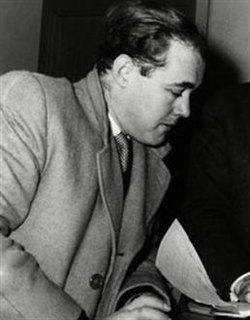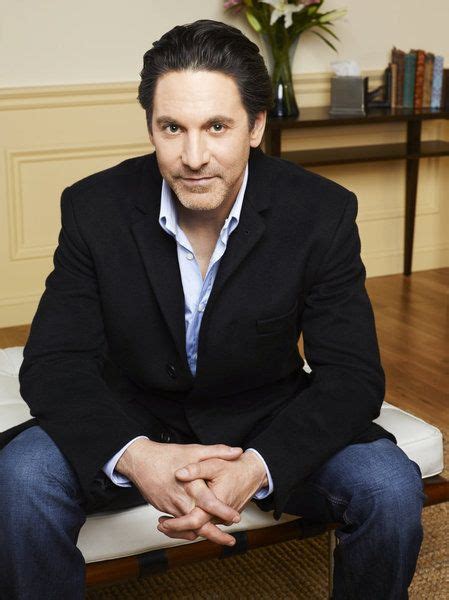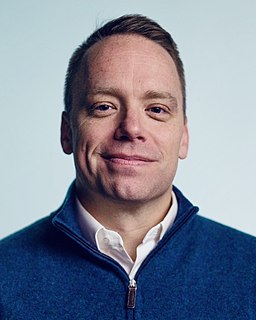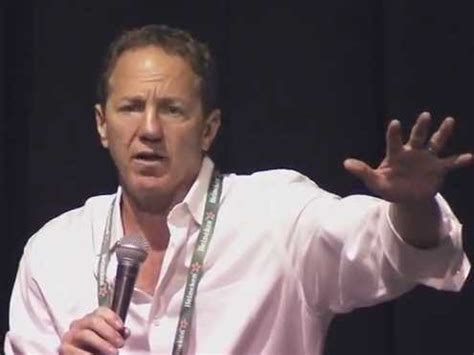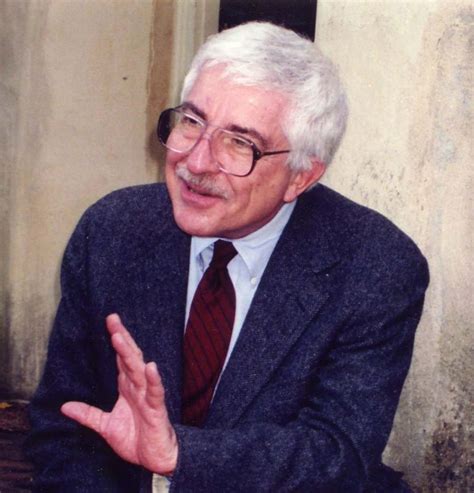A Quote by Max Lerner
There are almost no limits to the discoveries of how the human brain operates in illness and health, in sleep and waking and dreaming, in calm and under tension. The question is how far man can put these discoveries to use without using them not for cure but for power.
Related Quotes
There's a great difference between knowing that a thing is so, and knowing how to use that knowledge for the good of mankind. Thetrouble with a scientist is we quickly tire of our discoveries. We hand them over to people who are not ready for them, while we go off again into the darkness of ignorance, searching for other discoveries, which will be mishandled in just the same way when the time comes.
...It would be possible to make much more progress than has been made if the NCI knew its job better, knew how to make discoveries...The NCI really does not know how to make discoveries....So long as the NCI is not willing to follow up ideas that seem good to people who have had experience making discoveries, the work of the NCI is going to be pedestrian.
Early studies of sleep and dreaming were crucially dependent on waking subjects up during sleep to find out whether they are dreaming or not. Using that strategy, it was found that when the eyes are rapidly moving (REM sleep) people are usually dreaming; when the eyes are not moving, there may be some mentation, but little in the way of visually rich dreams.
By 2020, most home computers will have the computing power of a human brain. That doesn't mean that they are brains, but it means that in terms of raw processing, they can process bits as fast as a brain can. So the question is, how far behind that is the development of a machine that's as smart as we are?
Taking a look back, one big reqret is, I left Harvard with no real awareness of the awful inequities in the world. The appalling disparities of health and wealth and opportunity that condemned millions of people to the lives of despair. I learned a lot here at Harvard about new ideas and economics, and politics. I got great exposure to the advances being made in the sciences. But humanities greatest advances are not in its discoveries, but in how those discoveries are applied to reduce inequity.
Certainly there are things worth believing. I believe in the brotherhood of man and the uniqueness of the individual. But if you ask me to prove what I believe, I can't. You know them to be true but you could spend a whole lifetime without being able to prove them. The mind can proceed only so far upon what it knows and can prove. There comes a point where the mind takes a leap—call it intuition or what you will—and comes out upon a higher plane of knowledge, but can never prove how it got there. All great discoveries have involved such a leap.
Given that the dreaming brain must perform these remarkable contortions - creating a world, living in it, responding to it, and then carefully blocking all the responses in a manner that does not cross the threshold of awareness - it is no wonder that this dreaming brain seems to be more active than the waking brain.


